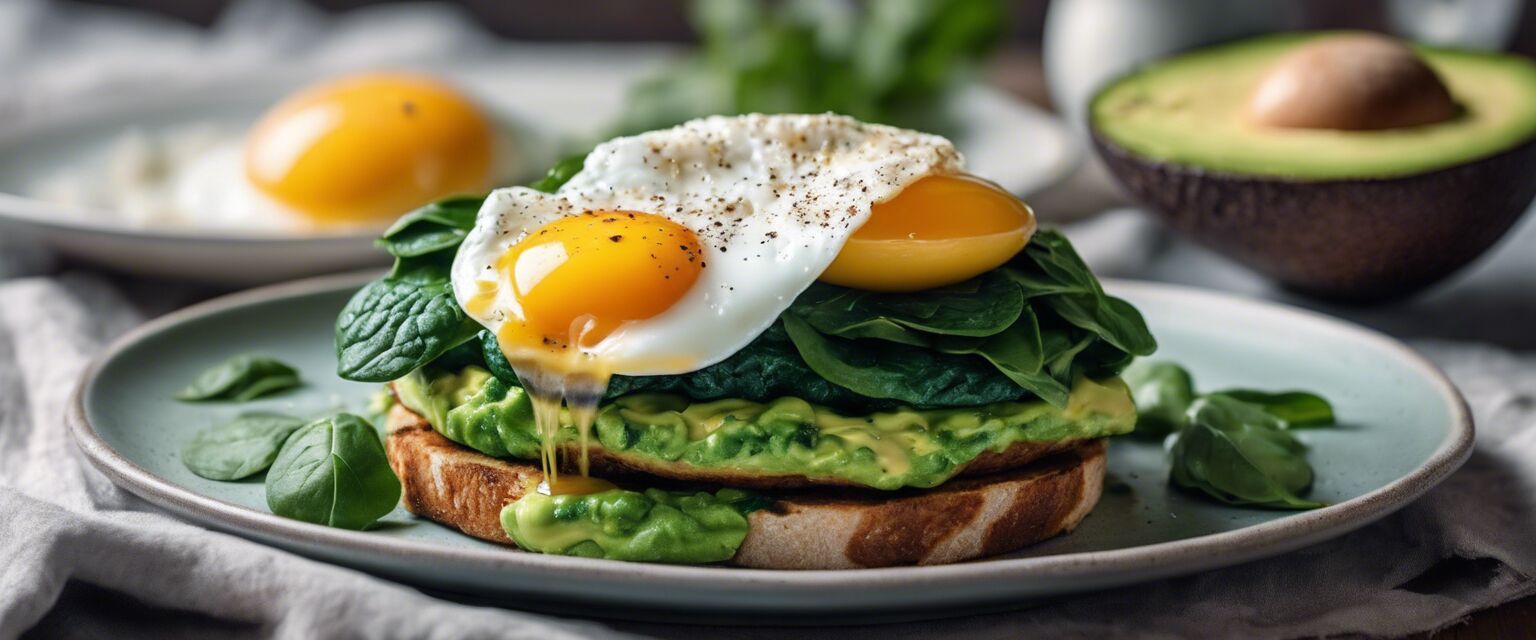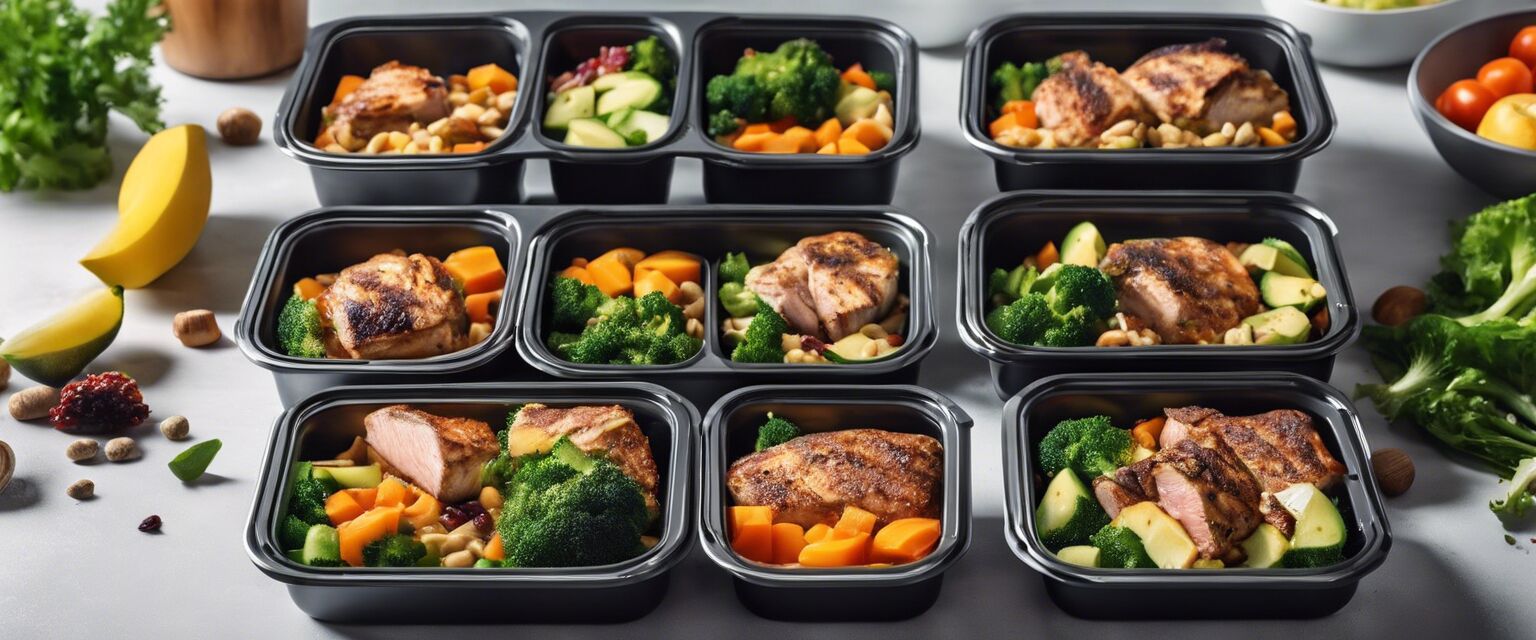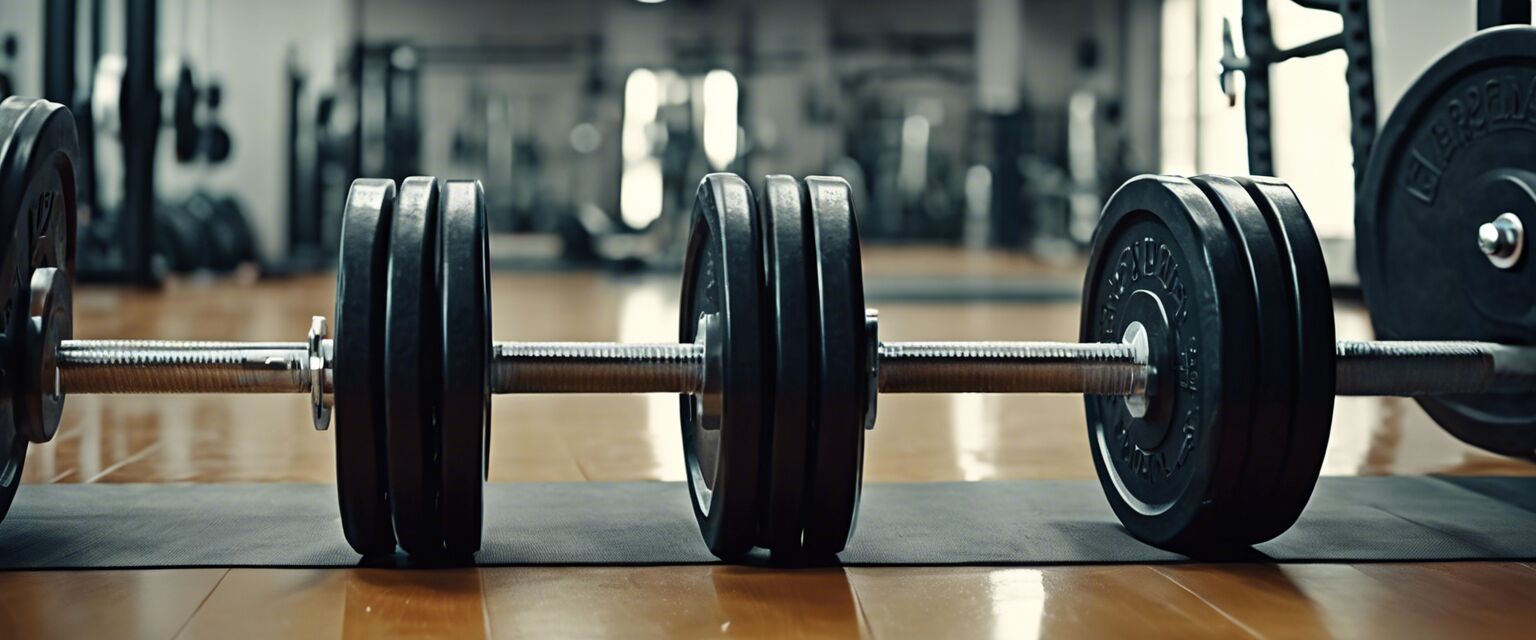
Nutrition and Diet
Key Takeaways
- A balanced diet consists of a combination of various food groups.
- Understanding macronutrients and micronutrients is essential for proper nutrition.
- Meal planning can help in maintaining a healthy diet.
- Hydration is as important as food intake in a diet.
- Regular physical activity combined with a nutritious diet promotes overall health.
Nutritional knowledge is the foundation for achieving a healthy lifestyle. This article will delve into essential tips and plans for a balanced diet and nutrition that cater to your active lifestyle, helping you to make informed choices for better health.
Understanding Nutrition Basics
What is Nutrition?
Nutrition refers to the intake of food, considered in relation to the bodyâs dietary needs. A proper balance of nutrients, vitamins, and minerals is essential for growth, health, and well-being.
Macronutrients and Micronutrients
Nutrition can be divided into two main categories: macronutrients and micronutrients.
| Macronutrients | Micronutrients |
|---|---|
| Carbohydrates | Vitamins |
| Proteins | Minerals |
| Fats | Trace Elements |
Components of a Balanced Diet
Achieving a balanced diet involves including a variety of foods to provide you with the nutrients your body needs. Here are the key components:
- Fruits and Vegetables: Aim for a variety of colors for vitamins and minerals.
- Whole Grains: Choose whole grain bread, rice, and pasta.
- Protein: Incorporate lean meats, fish, beans, and legumes into your meals.
- Dairy: Opt for low-fat or non-fat dairy options.
- Fats: Include healthy fats from avocados, nuts, and olive oil.
Meal Planning Tips
Effective meal planning can significantly enhance your nutrition and ensure you're consuming a balanced diet. Consider the following strategies:
Beginner's tips for Meal Planning
- Prepare a weekly menu to simplify shopping and cooking
- Batch cook meals to save time during busy weeks
- Make a grocery list based on your menu to avoid impulse buys
- Include snacks in your plan to keep energy up between meals
The Importance of Hydration
Staying hydrated is crucial for maintaining overall health. Water aids in digestion, nutrient absorption, and waste elimination. Consider the following hydration tips:
- Drink at least 8-10 cups of water daily.
- Incorporate hydrating foods like cucumbers and watermelon.
- Limit beverages high in sugar and caffeine.
Exercise and Nutrition
The relationship between nutrition and exercise cannot be overstated. A well-rounded fitness regimen requires a corresponding diet to fuel your body. Here are some synergies between exercise and nutrition:
- Focus on protein for muscle recovery.
- Balance carbohydrates for energy before workouts.
- Stay hydrated before, during, and after exercising.
Sample Meal Plan
This sample meal plan provides a balanced approach to daily nutrition:
| Meal | Ideas |
|---|---|
| Breakfast | Oatmeal topped with fruits and nuts |
| Lunch | Grilled chicken salad with mixed greens |
| Snack | Yogurt with berries |
| Dinner | Quinoa with roasted vegetables and fish |
Conclusion
Understanding nutrition and the components of a balanced diet is key to leading a healthy life. By incorporating diverse foods into your meals, planning ahead, and staying hydrated, you can foster good health for years to come.
Pros
- Promotes overall health and wellness
- Helps in weight management
- Provides the necessary energy for daily activities
Cons
- May require more time for meal preparation
- Can be challenging to maintain while dining out
Further Reading
If you're looking for more information, check out these related pages:











